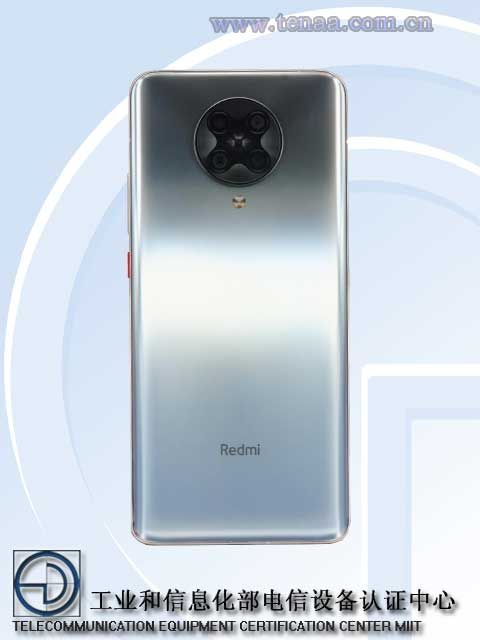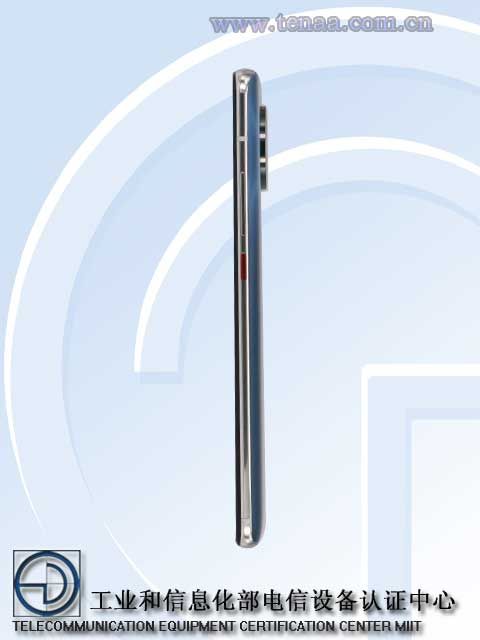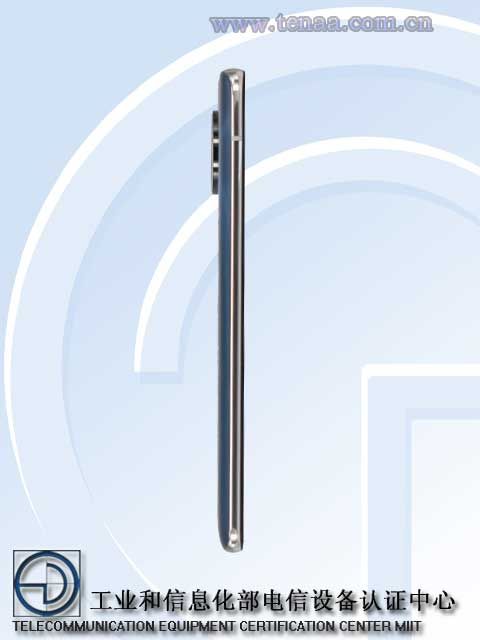Honor is launching two smartphones in the Indian market, focusing on the entry-level segments in one of the most competitive markets in the world. The Honor 9A was released earlier this year in China, and the device made its way to the European markets later. Similarly, the Honor 9S and MagicBook 15 have also made their way to global markets, and are now finally making their way to India.
Honor 9A and Honor 9S
| Specification | Honor 9A | Honor 9S |
|---|---|---|
| Dimensions & Weight | – |
|
| Display |
|
|
| SoC |
|
|
| RAM & Storage |
|
|
| Battery & Charging |
|
|
| Rear Camera |
|
|
| Front Camera |
|
|
| Other Features |
|
|
| Android Version | Android 10 with Magic UI 3.1 | Android 10 with Magic UI 3.1 |
The Honor 9A and Honor 9A are decidedly entry-level devices, so people used to flagships may not find them impressive by themselves. However, Honor’s use of the aging MediaTek Helio P22 on both the phones does not incite confidence as the phones will face very stiff competition from phones from Xiaomi, Realme, and Samsung. Further, both of these devices do not come with GMS and Google Play Store, and instead, adopt Huawei’s AppGallery and HMS Core.

Honor 9A
The Honor 9A will be available in Midnight Black and Phantom Blue color variants, starting from August 6, 2020, on Amazon.in. The phone will cost ₹9,999, but users can get it for ₹8,999 in the first sale.

Honor 9S
On the other hand, the Honor 9S comes in Blue and Black color options for ₹6,499, but users can get it for ₹5,999 in the first sale.
Honor MagicBook 15
The Honor MagicBook 15 is Honor’s first foray into the laptop market in India. As the name implies, it features a 15.6″ FHD IPS display with an 87% screen-to-body ratio and TÜV Rheinland certification. The laptop is powered by the AMD Ryzen 5 3500U processor coupled with Radeon Vega 8 graphics. You also get 8GB of DDR4 dual-channel RAM and a 256GB PCIe NVMe SSD.

The laptop is charged through an included 65W charger that charges the laptop 0-50% in half-hour through the USB Type-C port. Other notable features on the notebook include a two-in-one fingerprint power button, a pop-up webcam hidden underneath the camera button, Wi-Fi, Bluetooth, NFC, and more. And of course, you also get Windows 10 Home edition preloaded.

The Honor MagicBook 15 is priced at ₹42,990 in India and will go on sale on August 6, 2020, in the Mystic Silver color option on Flipkart.com. There is a first-sale discount available, letting users pick it up for ₹39,990.
Buy the Honor MagicBook 15 from Flipkart
The post Honor 9A, Honor 9S launched in India with AppGallery, alongside Honor MagicBook 15 appeared first on xda-developers.
from xda-developers https://ift.tt/33jEdvk
via IFTTT


























